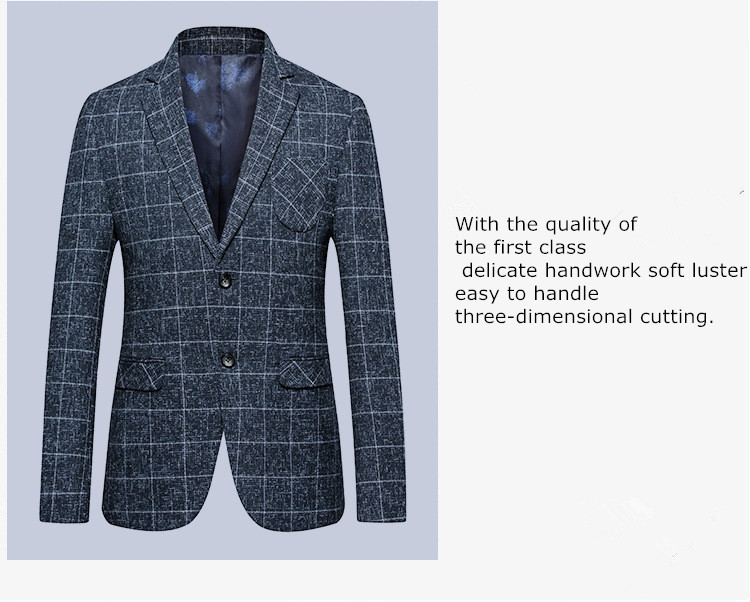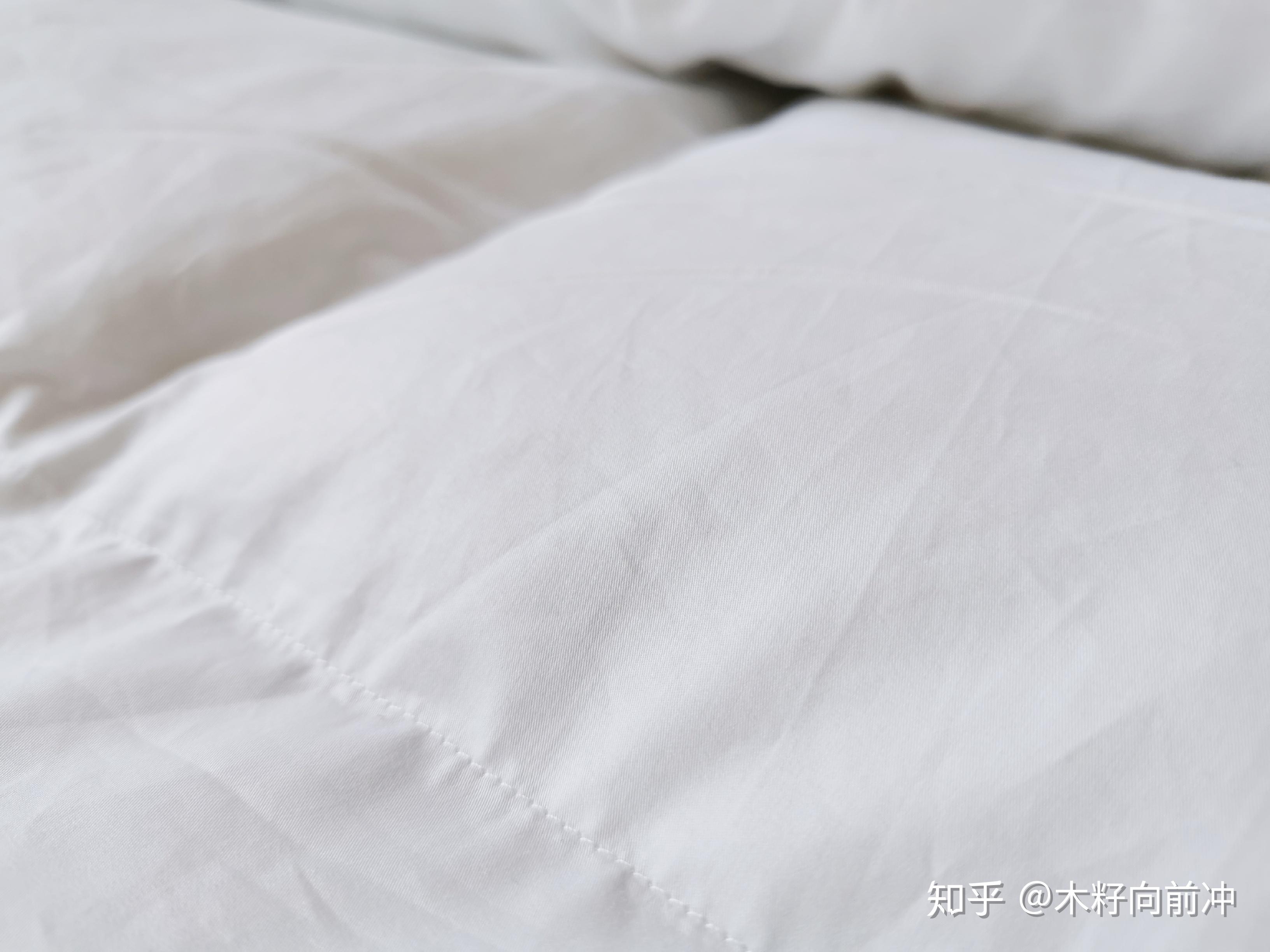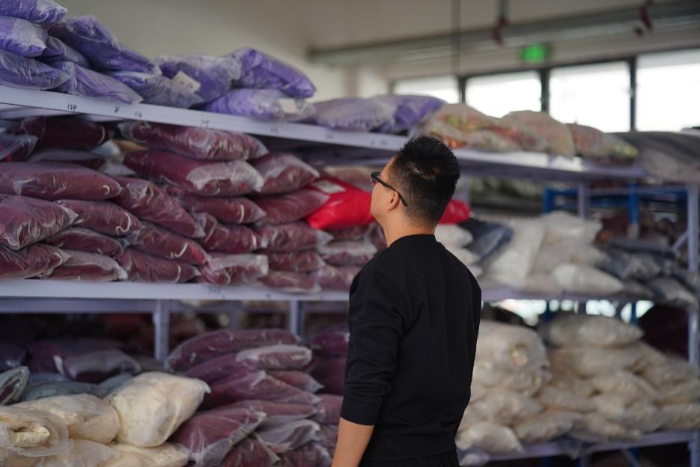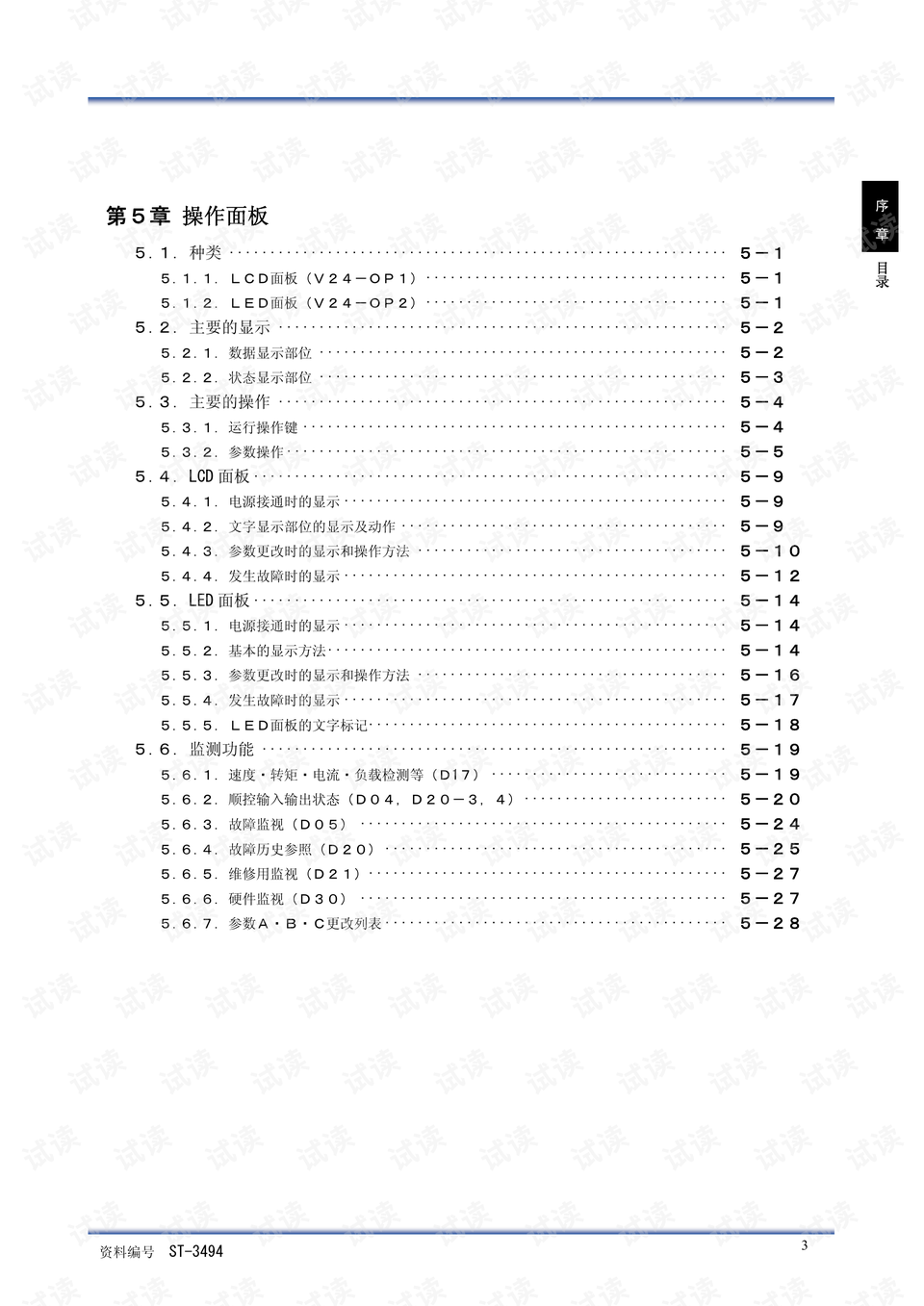Title: Understanding the Pricing Structure of Custom Made Suits
Custom-made suits are becoming increasingly popular due to their uniqueness and personalization options. However, the pricing structure of these suits can be quite confusing for many consumers. Understanding the pricing structure of custom-made suits is crucial for customers who want to get the best value for their money.The pricing structure of custom-made suits varies depending on factors such as the fabric, style, and complexity of the design. Generally, a more expensive fabric like silk or wool is used for custom-made suits, which results in a higher price tag. Additionally, the complexity of the design and the number of modifications required also impact the pricing. For example, adding pockets, cufflinks, or a unique lining can increase the cost.It's important to note that there are different levels of customization available when it comes to custom-made suits. Some tailors offer basic customization options, while others offer fully customizable suits with unlimited alterations. The level of customization chosen will also affect the pricing.Ultimately, the key to understanding custom-made suit pricing is to communicate clearly with your tailor about your preferences and budget. This will help them guide you through the process and ensure that you receive a suit that meets your needs while staying within your budget.
Introduction:
The world of men's fashion has undergone a significant transformation in recent years, with custom-made suits emerging as a popular choice for discerning individuals seeking unparalleled style and sophistication. While off-the-rack suit jackets and pants are readily available, custom-made suits offer an exceptional level of tailoring, comfort, and exclusivity. However, the price tag on these bespoke garments can be a significant deterrent for many shoppers. This article aims to provide a comprehensive understanding of the pricing structure of custom made suits, addressing common concerns and questions that customers may have.

Section 1: The Cost of Material
The cost of material is one of the most significant factors affecting the overall price of a custom-made suit. High-quality wool, cashmere, or silk fabrics are often used in bespoke suits, which can add significantly to the cost. The choice of fabric depends on personal preferences, body type, and climate conditions. For instance, a winter suit made from a warmer wool fabric will be more expensive than a summer suit made from a lighter material.
Section 2: The Labor Intensity of Sewing
Another critical factor that determines the price of a custom-made suit is the labor intensity involved in making it. A skilled tailor takes approximately 20 hours to make each suit, including cutting, sewing, and finishing. The level of expertise and experience of the tailor can impact the final price of the suit. More experienced tailors tend to charge higher rates, while those with less experience may charge lower prices. However, it is essential to note that cheaper prices may come at the cost of quality and attention to detail.
Section 3: The Design Process
Custom-made suits often involve a more extensive design process than off-the-rack garments. Customers can work closely with their tailor to choose the style, fit, and features of their suit. This personalized approach adds value to the suit and typically results in a higher price tag. Additionally, custom designs can include unique features such as pocket placement, lapels, and buttons, further increasing the cost.
Section 4: Tailoring Fees and Adjustments
Once the basic materials, labor, and design have been selected, additional charges may apply for fittings and alterations. These fees can vary depending on the tailor's policies and location but are typically included in the final price of the suit. It is important to keep track of all changes made during the fitting process to ensure accurate records of the expenses.

Section 5: Shipping and Handling Fees
Custom-made suits are typically shipped directly from the tailor's workshop to the customer's location, adding another layer of cost. These fees can vary based on the destination and packaging required for safe transport. It is essential to inquire about shipping costs upfront and factor them into your budget when calculating the total cost of your custom-made suit.
Section 6: Exclusivity and Brand Recognition
Finally, custom-made suits offer customers a level of exclusivity and brand recognition that is difficult to replicate with off-the-rack garments. High-end tailoring shops often have a reputation for producing exquisite suits that are synonymous with luxury and sophistication. As such, customers may be willing to pay a premium for this perceived value proposition, especially when compared to lesser-known brands or off-the-rack options.
Conclusion:
In conclusion, custom-made suits are a significant investment that demands careful consideration of various factors when determining pricing. The cost of material, labor intensity of sewing, design process, tailoring fees and adjustments, shipping and handling fees, and exclusivity all play crucial roles in determining the final price tag. By understanding these elements and working closely with your tailor
Articles related to the knowledge points of this article:
Title: Quality of Ducks Duck Down Jackets
Top-rated Brands of Jackets and Coats: The Ultimate Guide to Staying Warm and Stylish in Winter
The beauty of white duck down jackets
New Womens Down Jackets: Staying Warm and Fashionable in the Cold Weather
The Collar of a Down Jacket: A Fashionable and Functional Design
The rise of the羽绒服夹克: a cold-weather essential for men and women



